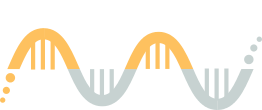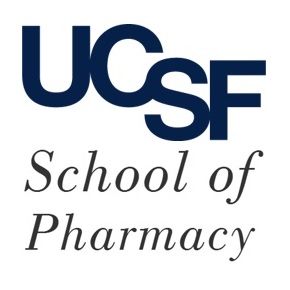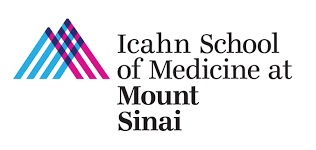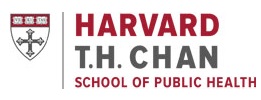Submitted by ja607 on
| Title | Medical relevance of protein-truncating variants across 337,205 individuals in the UK Biobank study. |
| Publication Type | Journal Article |
| Year of Publication | 2018 |
| Authors | DeBoever, C, Tanigawa, Y, Lindholm, ME, McInnes, G, Lavertu, A, Ingelsson, E, Chang, C, Ashley, EA, Bustamante, CD, Daly, MJ, Rivas, MA |
| Journal | Nat Commun |
| Volume | 9 |
| Issue | 1 |
| Pagination | 1612 |
| Date Published | 2018 Apr 24 |
| ISSN | 2041-1723 |
| Keywords | Databases, Nucleic Acid, Genome-Wide Association Study, Humans, Phenotype, Proteins, Sequence Deletion, United Kingdom |
| Abstract | Protein-truncating variants can have profound effects on gene function and are critical for clinical genome interpretation and generating therapeutic hypotheses, but their relevance to medical phenotypes has not been systematically assessed. Here, we characterize the effect of 18,228 protein-truncating variants across 135 phenotypes from the UK Biobank and find 27 associations between medical phenotypes and protein-truncating variants in genes outside the major histocompatibility complex. We perform phenome-wide analyses and directly measure the effect in homozygous carriers, commonly referred to as "human knockouts," across medical phenotypes for genes implicated as being protective against disease or associated with at least one phenotype in our study. We find several genes with strong pleiotropic or non-additive effects. Our results illustrate the importance of protein-truncating variants in a variety of diseases. |
| DOI | 10.1038/s41467-018-03910-9 |
| Alternate Journal | Nat Commun |
| PubMed ID | 29691392 |
| PubMed Central ID | PMC5915386 |
| Grant List | P30 DK043351 / DK / NIDDK NIH HHS / United States MC_QA137853 / / Medical Research Council / United Kingdom U01 HG007708 / HG / NHGRI NIH HHS / United States U24 EB023674 / EB / NIBIB NIH HHS / United States U01 HG009080 / HG / NHGRI NIH HHS / United States MC_PC_17228 / / Medical Research Council / United Kingdom U24 HG008956 / HG / NHGRI NIH HHS / United States R01 HL135313 / HL / NHLBI NIH HHS / United States T32 LM012409 / LM / NLM NIH HHS / United States |





